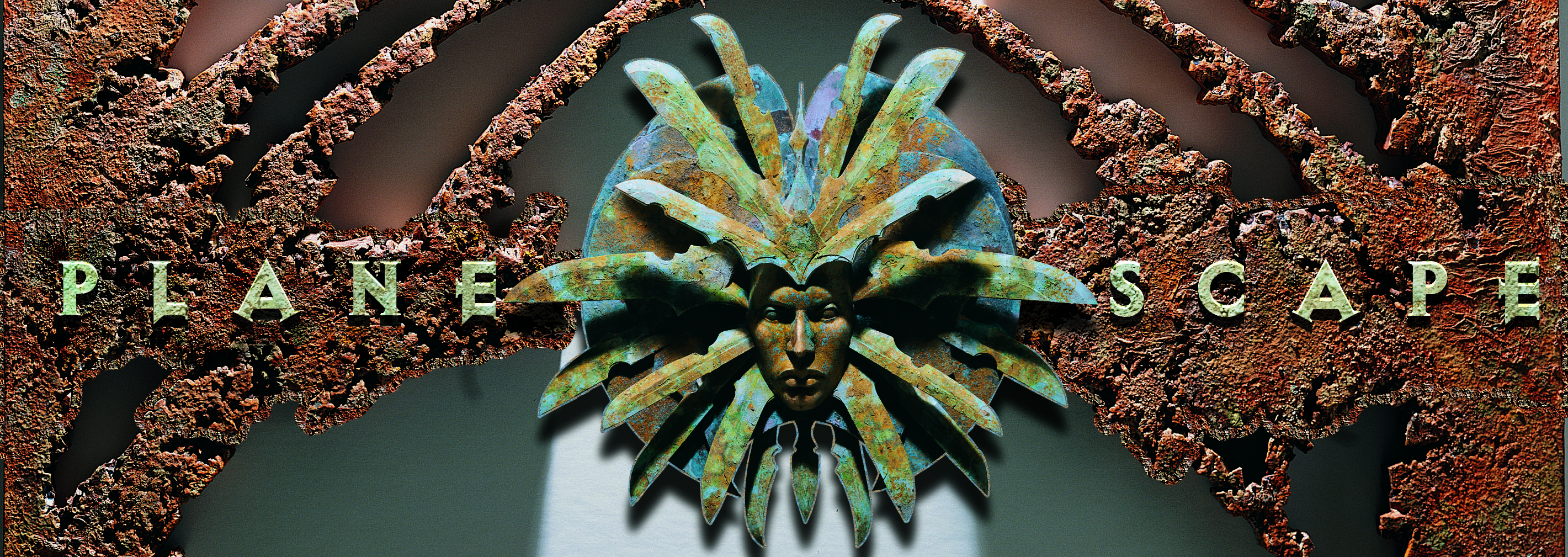Thoughts on game designing.
Yesterday
night I have finished reading the second tome from the magnificent author
Robert E. Howard. It took me a couple of months but the complete works of
Solomon Kane and the Complete Saga of Conan the Barbarian reached its end.
Thanks to project Gutenberg these classic texts can be alive I hope even after
a post apocalyptic event takes place. But what these books have to do with role
playing game designing? It’s a fair question but followed up the catharsis of
the heroes, I had a few moments of inner retrospective about our favorite
games.
So Robert
E. Howard wrote his works about 5 years before another masterpiece Hobbit by
Tolkien and almost 20 years before the famous trilogy Lord of the rings. We
have to take for granted that Tolkien’s work is still the major inspiration of
fantasy rpg. Inevitable we can’t escape the stereotypes of elves and dwarves or
even the weakened humans. The purpose of this article is not to change what is
taken for granted for the past decades but more to acknowledge which was and is
our past that define us the moment we sit on our notes trying to create a rpg.
The
moment of creation, spontaneous imbued fantasy themes, is the time we feel
alive as all those creatures running all around the author as they are trying
to enter (materialize) at our texts. So
everything is trying to get a shape through the chaos. During the procedure the
author decides the conceptual context, that of the rules. Rules are a major debate among the game
designers. We have rules about almost
anything; combat, magic, encounters, role playing, character creation etc. So
what are these rules and why they are almost compulsory? Beyond the inception
we need them in order to run a game smoothly. So now we need to ask ourselves
what smooth is and in simple words: it is the referee about a successful action
or not.
It’s been
almost 40 years since the rpgs came in our lives and in these years we have
seen an awesome amount of systems. From strange and bizarre mechanics to almost
games without dice rolling. From narrative rpgs to adventure based systems.
It’s beyond the scope of this old man’s grumblings the presentation of each
game. So I will continue with my thoughts.
All these
systems they have something common. The primordial use of all systems is to
express a story, more or less there is nothing more. In my little 25 years of
experience I really I cannot recall a single roll but I can remember the events
that followed after. The story was scribed down on me but not the dice roll
plus any other modifiers.
I’ll stop
here because even my gaming group started yelling at me: “Go and play a
narrative rpg leave us alone. We want classes, dice rolling and abilities”. So
do I have to choose among the 2 rpg sides? Narration vs structural rpg like
structural anthropology vs functionalism one?
Seems
like a never ending battlefield with heavy casualties among both sides. The
only element that’s stands among the dead texts is the laughing vultures. And
you guessed right, the vultures are the stories that can survive even a nuclear
blast.
Concluding
my grumblings, I feel that there is a 3rd path, a middle one that
can act as a diplomat. A single word that can help us fill the gap and not to
mind the gap. And that is a truly modular aspect of the rpg.
So what
are proposing us now? We have to include different rules in a single game?
Heresy!! And yes I believe that modular rules easily switched among situations
in order to give the players/storytellers options. And at the end of the day it
is just a matter of choice. It may seem an extra pain you know where but I
believe that I haven’t seen a single rpg containing both sides of the same gold
coin. It’s a hard road but a rewarding one. So next time I’ll sit down to start
creating a rpg I’ll change my priorities. What kind of game I want to create? My
decision it would be an rpg that supports a good bed time story. After all the
rpg substitutes a number of things like books reading, tv series and an good
movies. And then numbers and tables will follow.
I have
enjoyed the simple thinking of Conan and Solomon Kane. Also I was jealous about
the nice and straightforward stories that Robert E. Howard created. I wish I
could throw away my cultural background and follow the thinking of Conan. At
first glance it seems impossible but after a while I read down what I wrote
again and again. I think that I’ll follow my own advice the next time I write
my rpgs.
He shrugged his shoulders. "I have known many
gods. He who denies them is as blind as he who trusts them too deeply. I seek
not beyond death. It may be the blackness averred by the Nemedian skeptics, or
Crom's realm of ice and cloud, or the snowy plains and vaulted halls of the
Nordheimer's Valhalla. I know not, nor do I care. Let me live deep while I
live; let me know the rich juices of red meat and stinging wine on my palate,
the hot embrace of white arms, the mad exultation of battle when the blue blades
flame and crimson, and I am content. Let teachers and priests and philosophers
brood over questions of reality and illusion. I know this: if life is illusion,
then I am no less an illusion, and being thus, the illusion is real to me. I
live, I burn with life, I love, I slay, and am content."
Queen of
the Black Coast, Weird Tales 1934, Robert E. Howard.



Comments